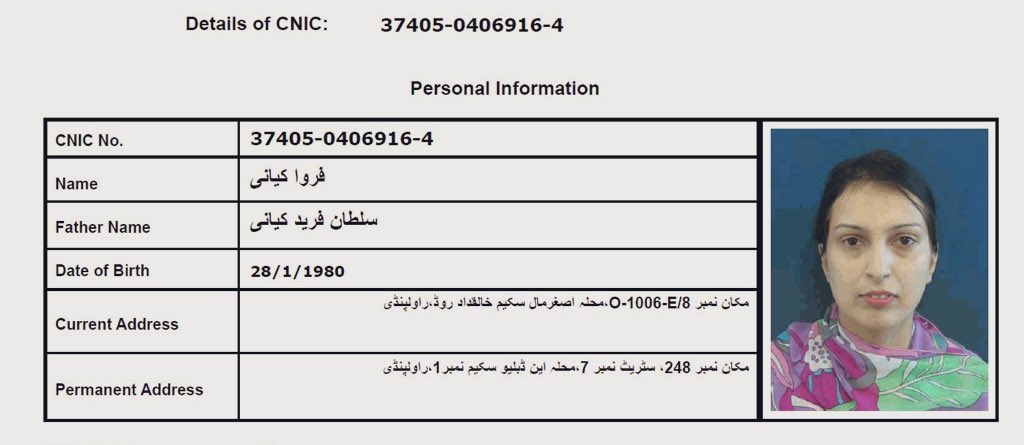The recent incident of the “Belgian woman” in Islamabad is yet another glaring example of India’s ongoing and coordinated campaign to spread disinformation and defame Pakistan. The woman, now identified as Farwa Kiyani from Rawalpindi, spun an elaborate tale of being a Belgian citizen who had been raped. Her claims, however, quickly unraveled, exposing the sinister forces at play. She was not raped, not harmed by anyone.
She was tracked down through Nadra and was doing all the drama to get her name into headlines.

It is not the first time that we have witnessed such tactics employed to tarnish Pakistan’s image. This incident echoes previous attempts to paint Pakistan as a haven for criminals and terrorists. The fact that the woman claimed to be a European citizen is a particularly insidious detail. It plays into the stereotype that Pakistan is unsafe for foreigners and reinforces the narrative of a chaotic and lawless state.

The swift action of the Islamabad police in identifying the woman and exposing her lies deserves commendation. It is a testament to the vigilance and dedication of our law enforcement agencies in countering such threats. However, this incident also serves as a stark reminder of the challenges Pakistan faces in the information war. India’s propaganda machine is relentless, and we must be equally resolute in our defense.
It is imperative that Pakistan continues to expose and counter such disinformation campaigns. We must also remain vigilant in protecting our citizens from falling prey to such malicious propaganda. The international community must also take note of these tactics and hold India accountable for its actions. The spread of misinformation is a serious threat to global peace and security, and it must not be allowed to continue unchecked.


